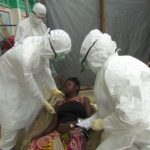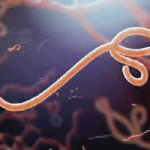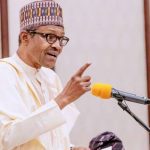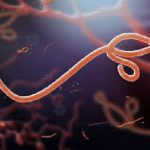The World Health Organisation has said that the risk of an Ebola outbreak spreading from Guinea to its neighbours was “very high” and that some neighbouring countries were not prepared for outbreaks or for future vaccination campaigns.
WHO’s Guinea representative, Georges Alfred Ki-Zerbo, told a virtual briefing that 18 cases had been identified and four of those people had died.
So far, 1,604 people have been vaccinated against Ebola in the new outbreak in Guinea, the first resurgence of the virus there since a 2013-2016 outbreak – the world’s worst – which spread to several other West African countries and killed thousand of people.
Officials said a readiness assessment for Guinea’s neighbours – Senegal, Guinea-Bissau, Mali, Ivory Coast, Sierra Leone and Liberia – showed gaps in their preparedness.
According to the WHO Regional Emergency Director Abdou Salam Gueye via a vido conference from Guinea, he said
“There are six neighbouring countries to Guinea and we conducted an assessment of readiness. Two of the countries are not ready and one is borderline and there are three countries more or less ready.”
He added that none of the neighbouring countries was completely ready to start Ebola vaccinations, should they be required, and that there were not enough vaccines doses available in any case to begin vaccinating preventively.
“But those neighbouring countries agreed on cross-border co-operation and co-ordination to control the outbreak,” he said.
Ebola vaccines, like some COVID-19 shots, require ultracold chain storage which presents logistical challenges. Guinea received COVID-19 vaccine doses donated from China this week.
“We are dealing with quite fragile health systems including (lack of) capacity to address many public health challenges so dealing with both COVID and Ebola remains a challenge,” said the WHO’s Dr Michel Yao, Director of Strategic Health Operations.













